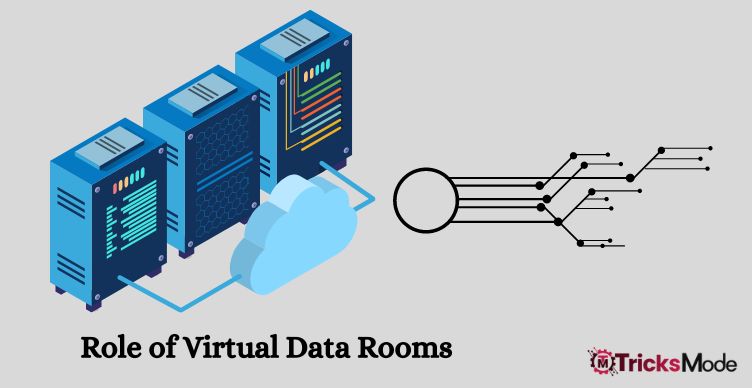A data room is a virtual space that is used as a repository for company files. For a company, it can be called a virtual dataroom or simply VDR. “The virtual data room is the key to security and effective information sharing, where every bit is a brick in the wall of trust” (Stanley McKinsey). When the need arises, companies usually have confidential information they want to share with clients, contractors, or investors; hence, they employ VDR as it is safe and secure. Virtual data rooms are also providing document access restrictions, encryption, watermarking, and document self-destruction.
Who provides data room services?
Virtual data room vendors adhere to the digital standards necessary for safe business performance. Online data room providers want to make VDRs that are better than their predecessors and that go beyond the basic file-sharing platforms such as Google Drive. For this reason, the potential customer should invest time searching for a good virtual data room. Online businesses requiring high-tech space must consider these companies.
Virtual data room providers exclude:
- Leaks dangers.
- Unforeseen occurrences connected with technicalities.
- Wrong transaction flow.
The demand for them is now high enough, but many clients can use such electronic platforms for:
- Data safety.
- Secure data transmission.
- Smooth transactions.
The users of the VDR data rooms include small setups and big companies. It’s always the virtual data room providers who are able to give such products that could meet this need and others in an instant. Anytime, you can send private files to your co-workers, partners, and many others without bothering about leakage or any other problem.
Important Features of a Virtual Data Room

Virtual data room solutions often have different features and capabilities for various industries. A company must, therefore, assess the importance of using a digital data room to guide them in choosing one. Nevertheless, an effective VDR should have several document management features.
Security of documents
It is only logical that companies use virtual data rooms for storing sensitive information, so they should have good security features like:
- Document access restrictions that determine who can get to the document, when, or what can be done about it (manage, collaborate, view, download, etc.).
- TLS encryption for securing information during transmission within and outside the virtual data room.
- Back up sensitive content.
- Multi-factor authentication for unauthorized entry prevention.
- Mobile access.
- Integrate security protocols that include virus scanning, advanced threat protection, and data loss prevention.
- Using watermarks in documents.
- Use of self-destructing documents or expiration of access.
As a result, virtual data rooms are secure environments where your entire data remains safe.
Document tracking
A good virtual data room allows you to seamlessly track various aspects of document access, such as:
- Who accessed the document?
- When was this done?
- Who did it go to, and whom can it be sent to?
- Did this person open or see the document at any time, and if so, when?
- For how long was somebody looking at it?
- Which documents are most viewed?
- Notifying users of updates, what kind of updates, and new document upload times.
Document tracking in a virtual data room requires self-auditing functionality to generate compliance reports.
User management
A good virtual data room includes simple user management options that include:
- Different layers of authorization allow easy control: Users can view, change, share, and download the document while assigning the permissions required.
- Invite and manage one or more users.
- Create a group so that the administrator can easily monitor many users by assigning them to a number of groups with different access levels and functionality within the virtual data room.
- Restricted browsing so users can only access documents they have access to.
Virtual data rooms are more efficient than traditional cloud storage. In the case of VDR, the platform is accessed by many people at once, while tasks are scheduled in one place. Traditional cloud storage requires more time for user administration and is more complicated in terms of managing accesses.
Virtual data room usage
There are many roles that virtual data rooms can play in corporate markets, irrespective of the stage at which they are implemented. These commonly include various virtual data room cybersecurity use cases.
- M&A data room transactions. Mergers and acquisitions often use virtual data rooms. They provide an environment where information can be shared securely, and due diligence can be carried out safely.
- Fundraising. Therefore, in a fundraising context, they are involved in several funding rounds that typically precede an initial public offering (IPO).
- Connection. Since it has security features, it is also possible to put information through VDRs. For instance, information may be placed on the VDR before a shareholders meeting to keep it confidential.
- Cooperation. Moreover, VDRs are useful during research and development and collaboration projects. They allow parties to meet and contribute with a high level of privacy, while access control features ensure that the space remains truly private for sensitive workers.
Security-wise, a virtual data room can become highly safe if its features are rightly set up.







